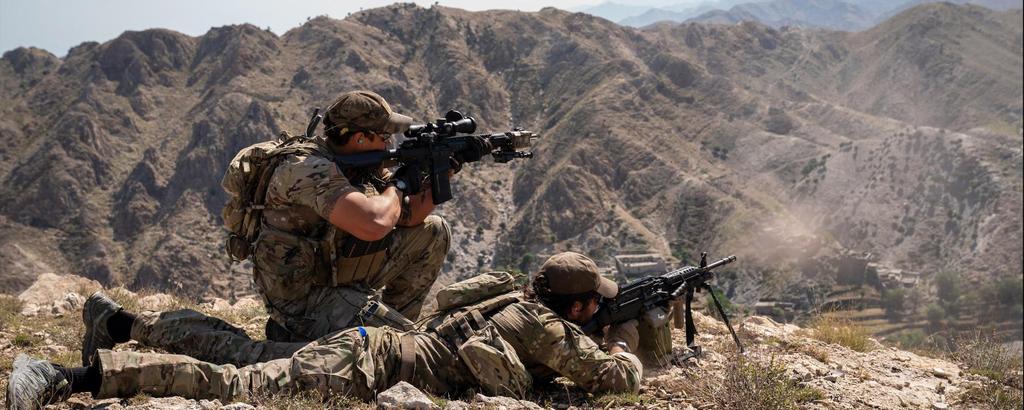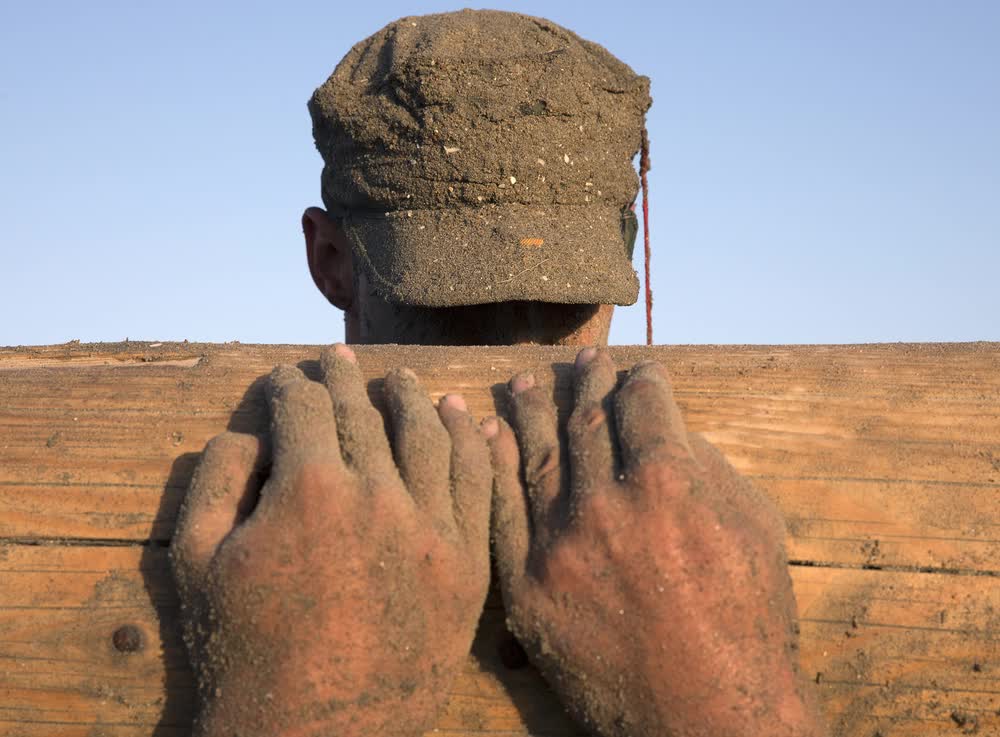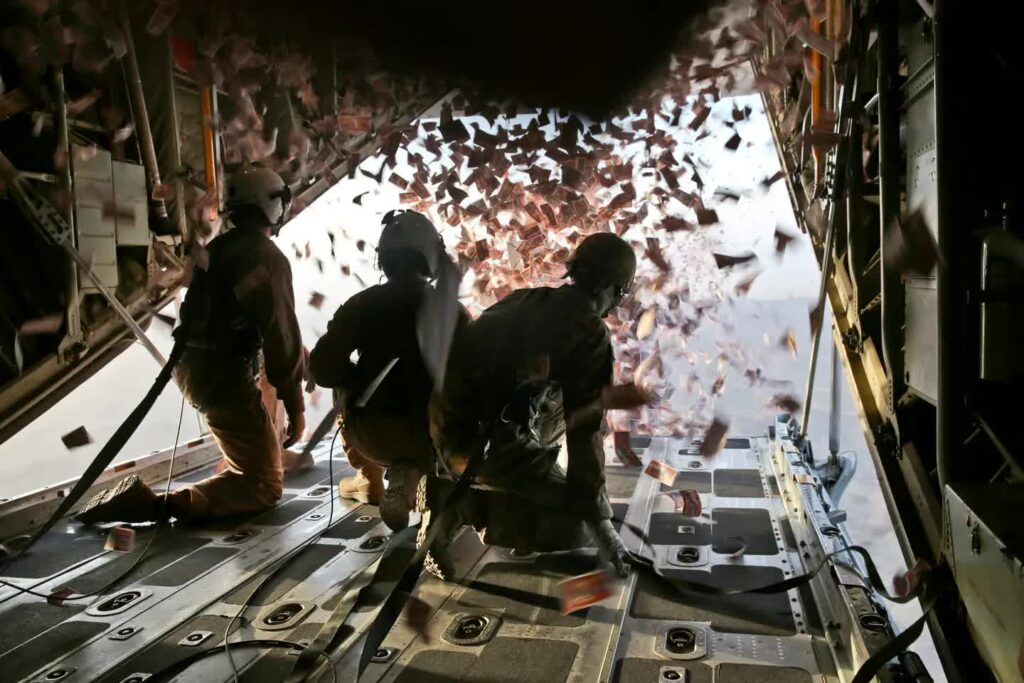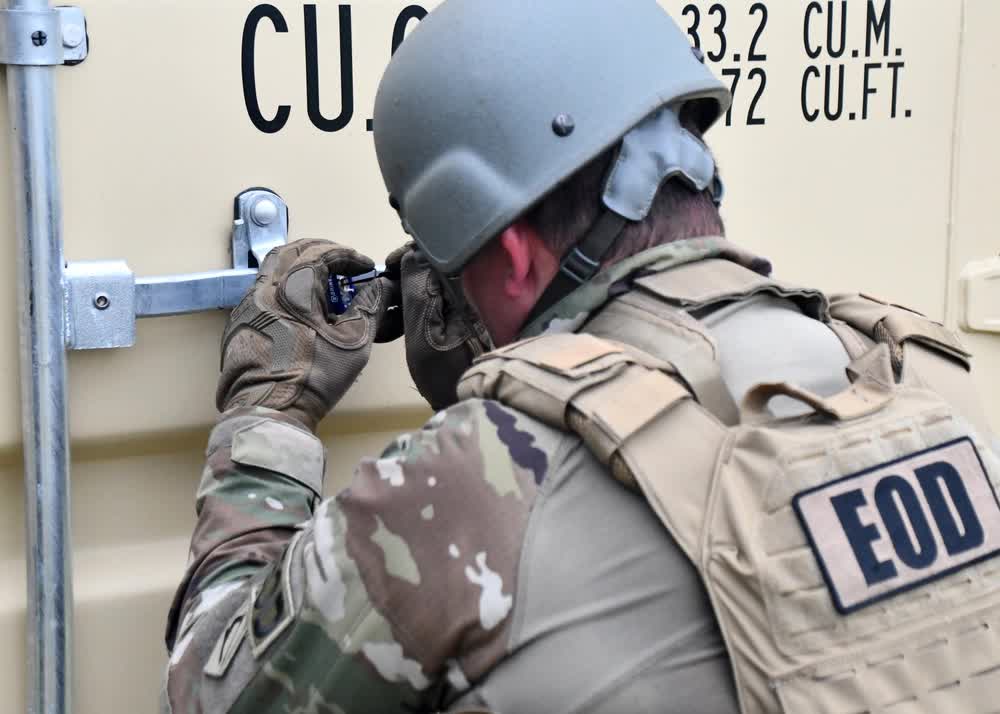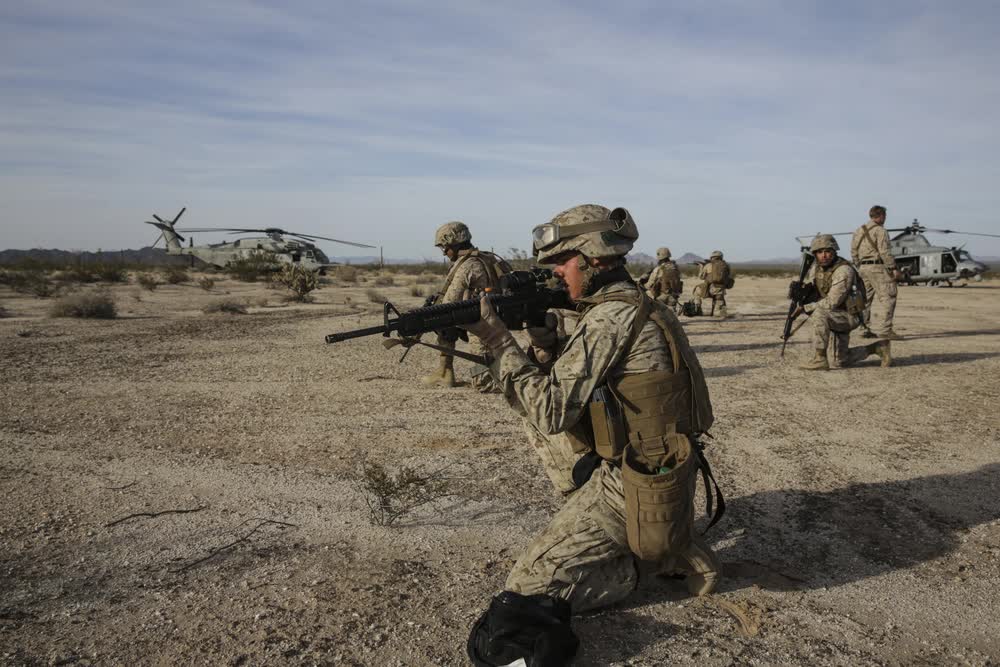This article by Luke Ryan was originally published by Coffee or Die.
If you’re in military circles for more than a couple of minutes, you’ll probably hear the term “operator” thrown around. In general, it’s used to refer to a member of Special Operations Forces (SOF) — particularly a trained shooter, medic, forward observer, or other combat arms position. It’s more of a colloquial term by now than a technical one, but most “tier one” special operations units will say you need to take a long walk before you earn that title.
Many current military service members trace the term back to the U.S. Army’s Delta Force. Their famed “Operator Training Course,” a brutal training regimen that prepares Delta Force members for their integration into the unit, immediately follows selection. It’s in this intensive course where one earns the title of Operator — separating them from the support personnel who, despite being the most trained in their respective positions in the world, do not share the title.
However, this is not where the term originated.

Related: Who actually gets to call themselves ‘Army Rangers?’
SOF units can trace their roots back to all sorts of masters of unconventional warfare — the Army Rangers in the woods pre-Revolutionary War, or the predecessors of the U.S. Navy SEALs clearing obstructions on the beaches during World War II. However, of the modern SOF units we know today, the oldest is the Special Forces, otherwise known as the Green Berets. Among these Special Forces soldiers were the first known instances of the word “operator” being used in the way military personnel use it today.
Charles H. Briscoe explains in Veritas: Journal of Army Special Operations History: “SF did not misappropriate the appellation. Unbeknownst to most members of the ARSOF (Army Special Operations Forces) community, that moniker was adopted by Special Forces in the mid to late 1950s. SF-qualified officers and enlisted soldiers voluntarily subscribed to the provisions of the ‘Code of the Special Forces Operator’ and pledged themselves to its tenets by witnessed signature.”

Related: 15 common phrases civilians stole from the US military
Some of these lines may sound similar to those who know the Ranger Creed. It could be that Command Sergeant Major Neal R. Gentry drew from this document when he wrote the Ranger Creed in 1974, or it could be that the jobs of Special Operations Forces are so similar in nature that any creed or description of duties are going to overlap in verbiage.
It’s because of these similarities that the word “operator” is now conversationally used to apply to any SOF member in a combat arms position. It’s not uncommon for Special Forces members, SEALs, Rangers, or U.S. Air Force Pararescuemen to relate more to each other than they do their own branch’s conventional forces. As the burden of modern warfare continues to grow heavier on the shoulders of members of the SOF community, it makes sense that they would adopt a term that applies to all of them.
Read more from Sandboxx News:
- 8 Green Berets on what it means to be Army Special Forces
- These are the 7 finest pieces of flair on US military uniforms
- The 9 best military unit mottos – Get some!
- A Marine wife’s guide to acronyms
- A Marine’s guide to deployment aboard a Navy ship
Feature image: Photo by Marty Skovlund Jr./Coffee or Die Magazine
